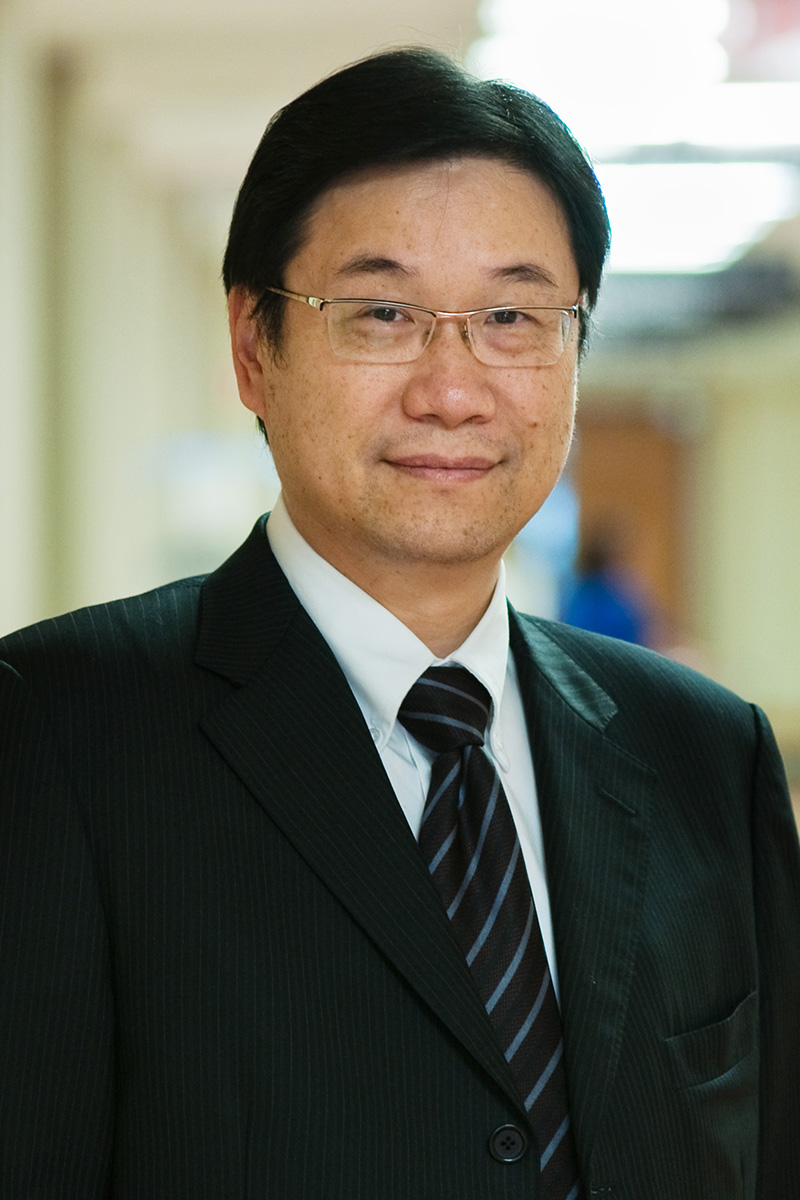
According to a new study by UBC Faculty of Medicine researchers, the addition of virtual physicians to British Columbia’s existing health information telephone service safely reduces the number of urgent in-person visits to provincial emergency departments (ED).

Dr. Kendall Ho
The study, published in CMAJ Open, examined health system use and outcomes of HealthLink BC 8-1-1 callers urgently triaged by a nurse and subsequently assessed by a virtual physician.
“We’ve seen how challenges such as the COVID-19 pandemic and family doctor shortage have put pressure on the province’s emergency departments in recent years,” said Dr. Kendall Ho, UBC professor of emergency medicine and the study’s principal investigator. “Partnering virtual physicians with nurses during 8-1-1 calls can ease the burden of in-person visits to the emergency department, while ensuring patients receive the care they need.”
The study identified that out of 5,937 8-1-1 callers who were seen by virtual physicians, only 26 per cent were advised to immediately go to the ED. The remaining callers were advised to seek less urgent care options, including seeking primary care within 24 hours (nine per cent), scheduling an appointment with a health care provider (30 per cent), and trying a home treatment (31 per cent).
Importantly, among patients who were advised by a virtual physician to undertake home treatment, fewer than three per cent were admitted to hospital within the following week and no patients died.
The study concludes that supplementing the 8-1-1 program with virtual physician assessments can assist patients and the health care system by safely avoiding in-person assessment for a large proportion of urgently triaged callers.
“Our hope is that with this service we can not only provide accurate and timely information to our patients about their health situations, but also help them achieve peace of mind to know the best way to manage their care so they don’t feel they are in danger,” added Dr. Ho.
“Partnering virtual physicians with nurses during 8-1-1 calls can ease the burden of in-person visits to the emergency department, while ensuring patients receive the care they need.”
Dr. Kendall Ho
British Columbia’s 8-1-1 telephone service, overseen by HealthLink BC, was established in 2008 to connect callers with health service navigators for health information, and nurses and allied health professionals for health care advice ranging from home management to immediate ED attendance.
Due to an increase in the volume and complexity of calls to 8-1-1 as a result of the COVID-19 pandemic, HealthLink BC, in collaboration with the Digital Emergency Unit in the Department of Emergency Medicine and the BC Emergency Medicine Network, added a service for consultation with a virtual physician in April 2020. The service, called HealthLink BC Emergency iDoctors in Assistance (HEiDi), allows 8-1-1 nurses to refer callers with urgent concerns for telephone or video assessment by off-site emergency physicians and family physicians, safely diverting patients from unnecessarily going to the ED.
Dr. Ho’s co-contributors include fellow DEM researchers Dr. Riyad Abu-Laban, Kurtis Stewart, Ross Duncan, Dr. Frank Scheuermeyer, Dr. Helen Novak Lauscher, Dr. Rina Chadha, Dr. Jim Christenson, Dr. Roy Purssell and Dr. John Tallon, in addition to partners from the UBC School of Population and Public Health, HealthLink BC, Health Research BC and the BC Emergency Medicine Network.
A version of this story originally appeared on the Department of Emergency Medicine website.